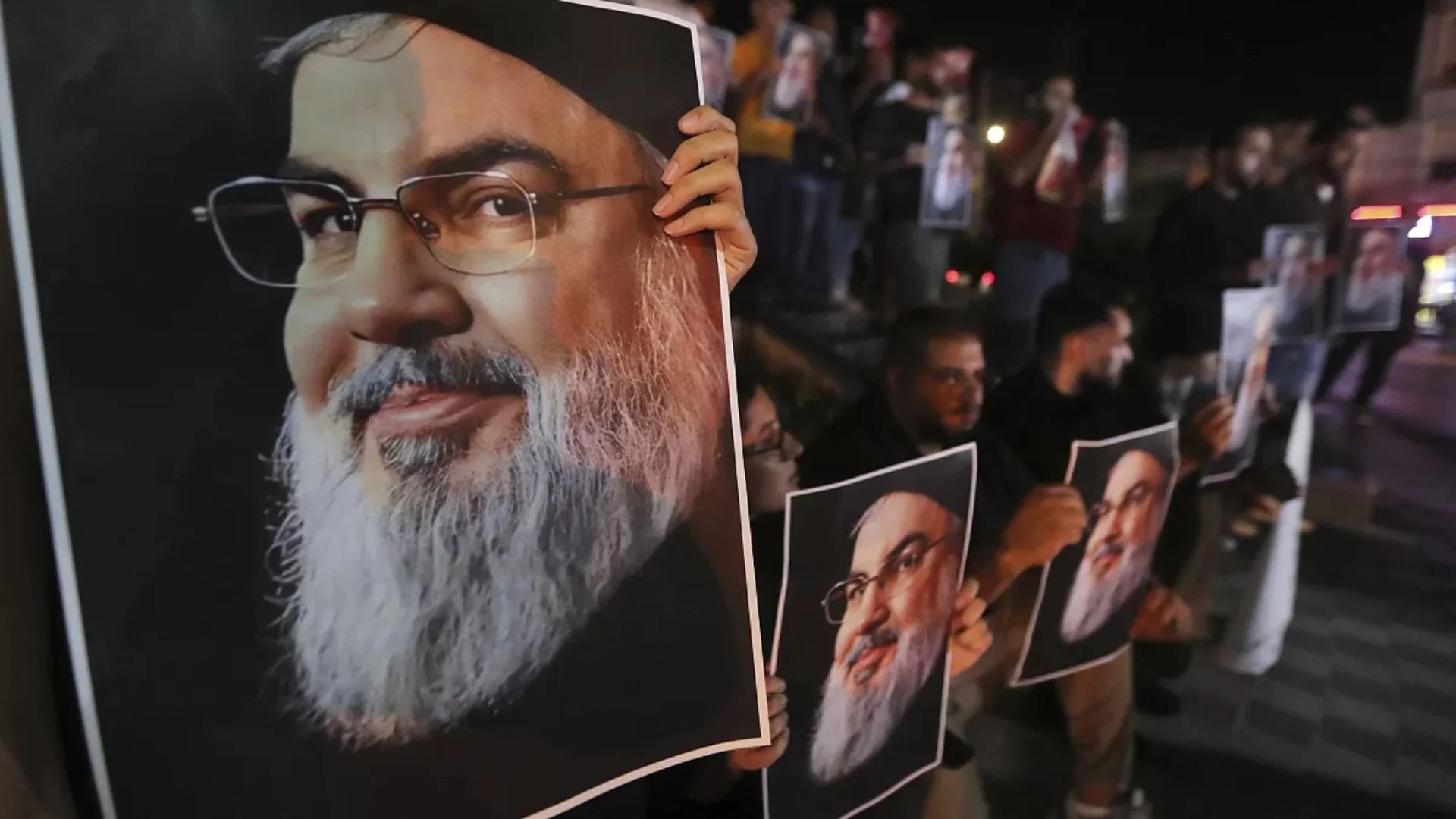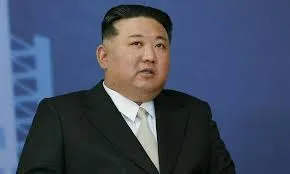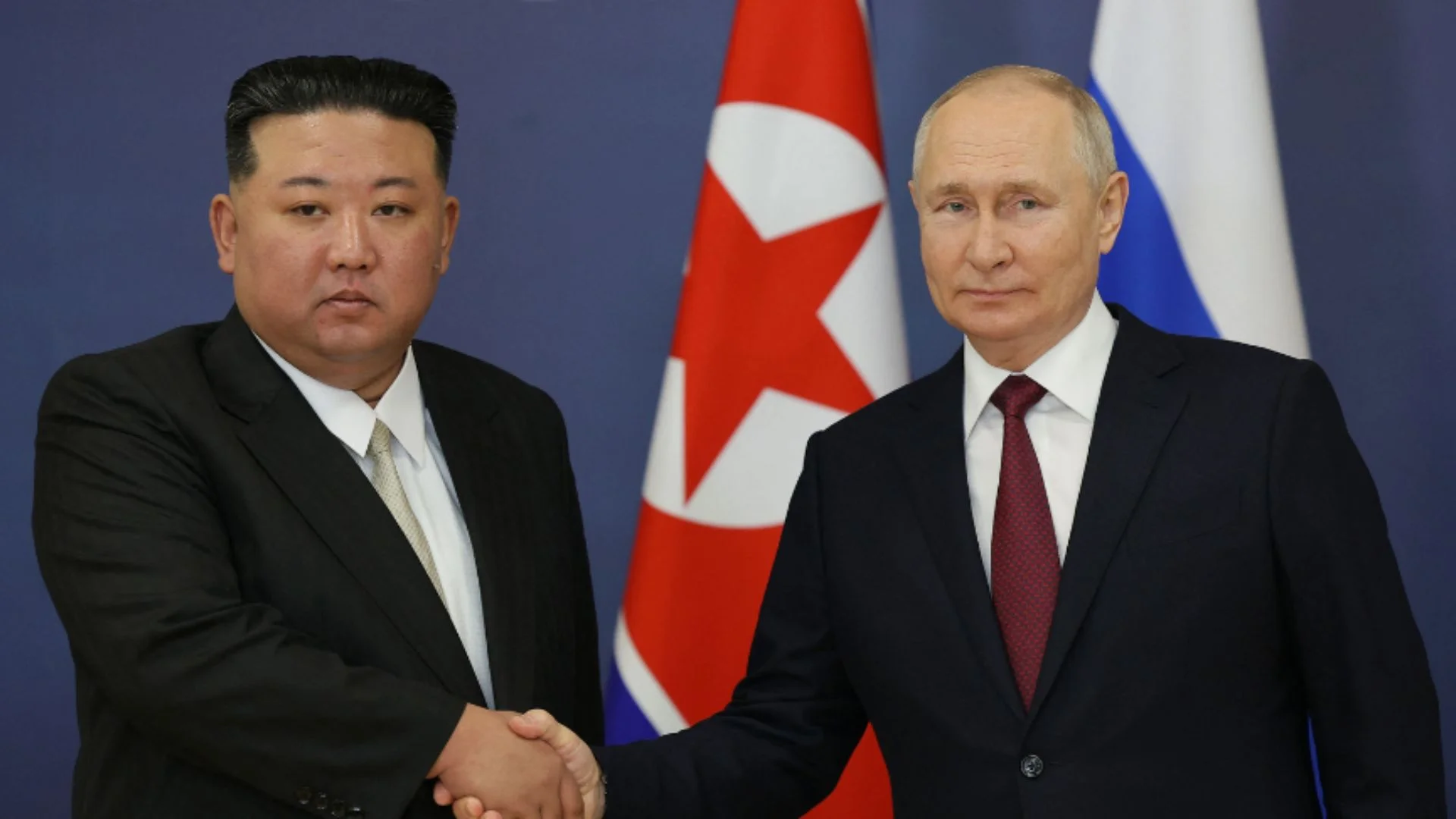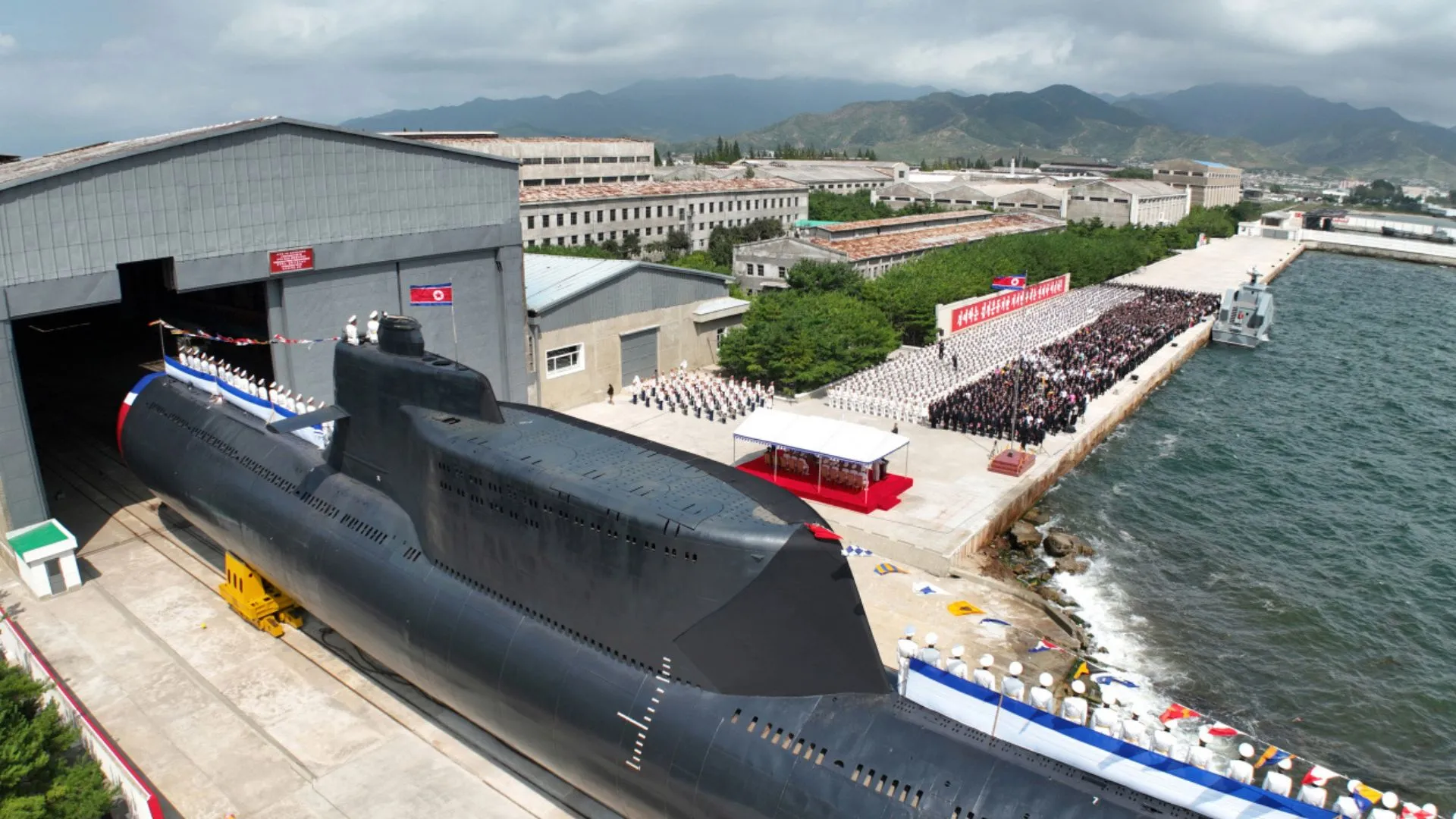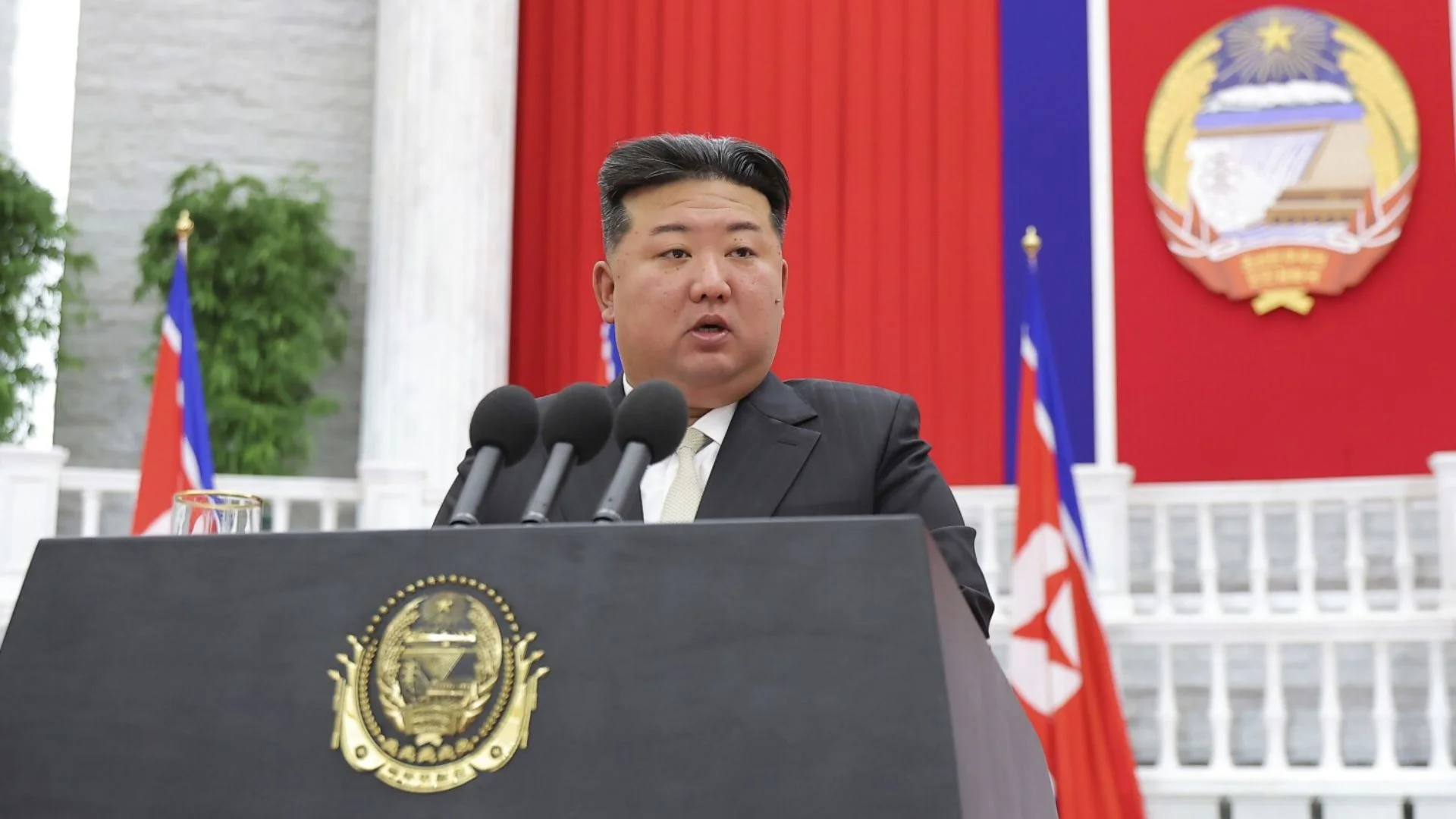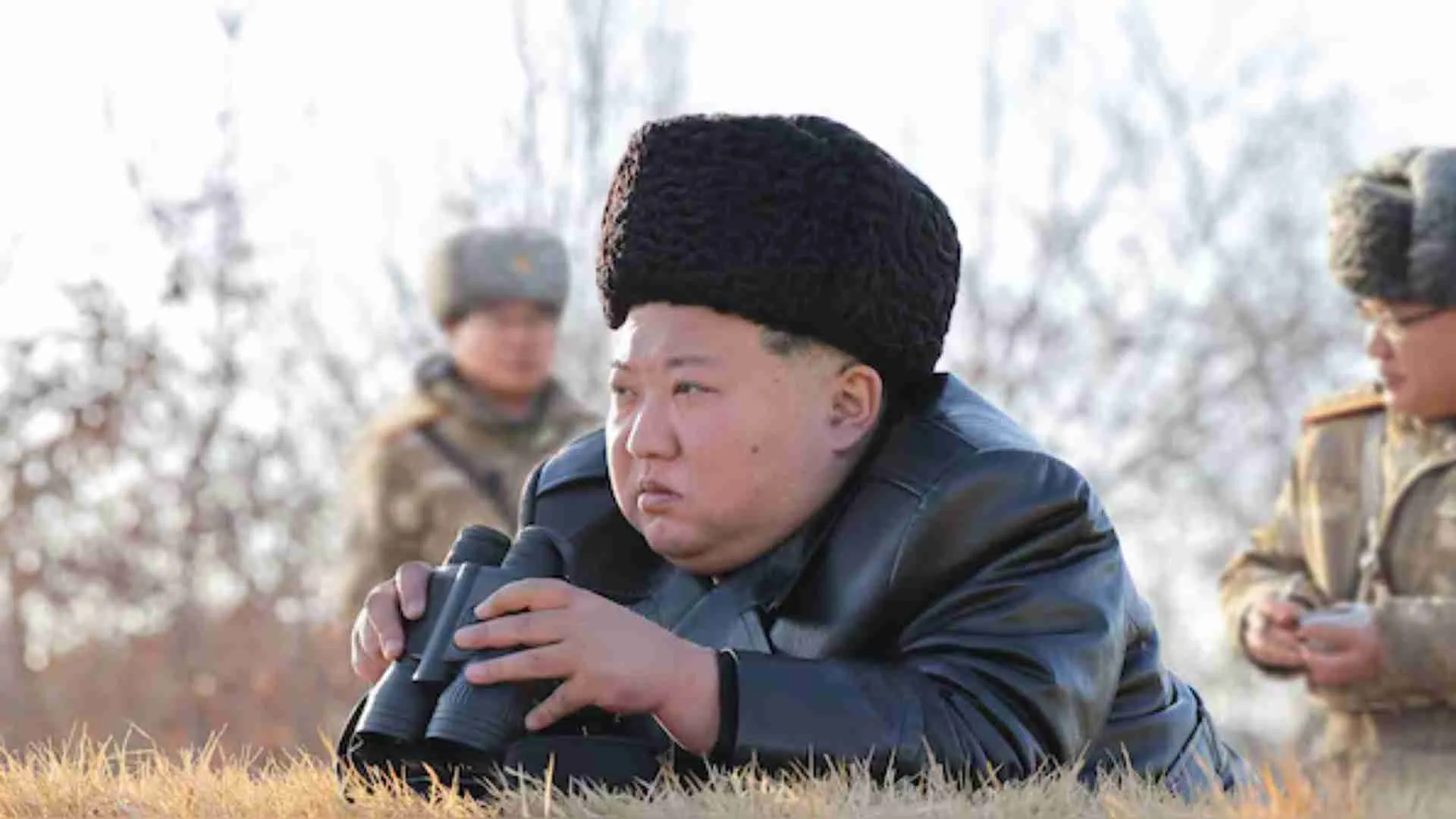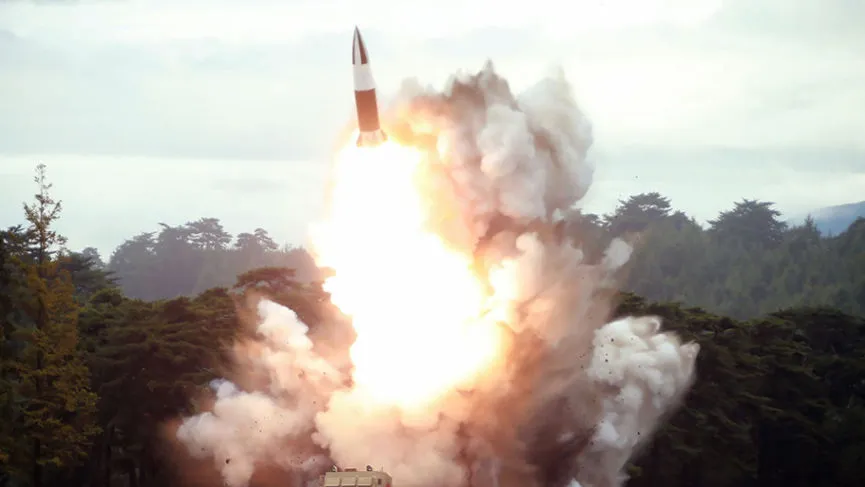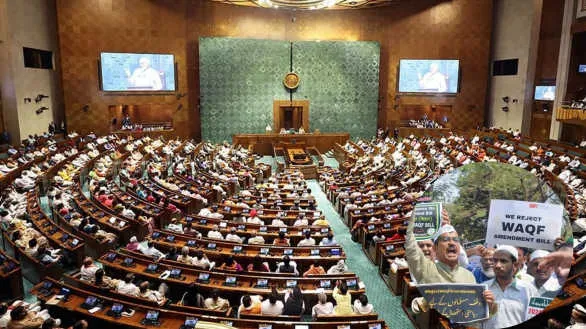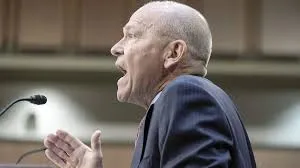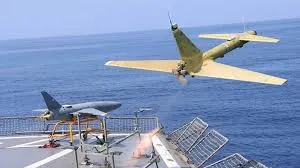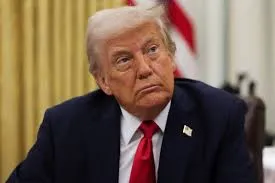The Israel Defense Forces (IDF) have killed Hezbollah General Secretary Hassan Nasrallah in an airstrike on Beirut, Lebanon’s capital, marking a significant escalation in the ongoing conflict. The strike, part of a larger Israeli bombing campaign targeting Hezbollah’s political and military infrastructure, also claimed the lives of Hezbollah’s southern front commander, Ali Karaki, and 19 other members of the group.
Rising Tensions Between Israel and Hezbollah
The conflict between Israel and Hezbollah has intensified in recent weeks, with cross-border shelling and rocket attacks showing no signs of abating. Hezbollah has retaliated with continued rocket attacks on northern Israel, displacing over 70,000 people. The violence escalated after a series of explosions in Lebanon, caused by pager and walkie-talkie devices, which killed more than 30 and injured thousands. Hezbollah labeled these explosions a “massacre,” further fueling the conflict.
Israel’s Prime Minister, Benjamin Netanyahu, announced that the death of Nasrallah was an act of “settling scores,” following a week-long airstrike campaign. According to NASA’s Visible Infrared Imaging Radiometer Suite (VIIRS) data, these strikes primarily targeted southern Lebanon, where Israel believes Hezbollah’s forces are concentrated.
Air Strikes Spread Across Lebanon
The bombing campaign extended to Lebanon’s eastern border with Syria, an area used as a supply route for Hezbollah’s weapons. Israeli forces targeted southern and northern Lebanon as well as the Beqqa Valley, where Hezbollah is thought to operate manufacturing units. The strikes were backed by geolocated data from the Institute for the Study of War (ISW), further corroborating the intense aerial bombardment.
A Decisive Blow to Hezbollah
Israel claims it has eliminated much of Hezbollah’s senior leadership. Netanyahu emphasized the global security implications of Nasrallah’s death, stating, “The world is safer with him gone,” while an IDF spokesman, Daniel Hagari, added, “The death of Nasrallah is a significant blow to Hezbollah’s operations.”
More than 1,000 Lebanese civilians have died since the start of the airstrikes, with Monday marking the deadliest day since Lebanon’s 1975-1990 civil war. Israel says it warned civilians to evacuate the targeted areas, but Hezbollah’s strategy of embedding itself within populated areas has complicated efforts to avoid civilian casualties.
Iran Vows Retaliation
Nasrallah’s death has not only weakened Hezbollah but also dealt a significant blow to Iran, which views Hezbollah as a key ally in its “Axis of Resistance,” a group of nations and proxies formed after the 1979 Iranian Revolution. Iran has condemned the strikes and promised retaliation, particularly after reports suggested an Iranian spy provided Israel with the coordinates to target Nasrallah.
In addition to Nasrallah, Iranian Revolutionary Guards General Abbas Nilforoushan was killed in the attack. Iran also lost a prominent ally in July when Hamas political chief Ismail Haniyeh was killed in Tehran.
Wider Regional Conflict Unfolds
Israel’s military campaign continues on two fronts, targeting both Gaza and Lebanon. While Israel has largely dismantled Hamas’s leadership in Gaza, the ongoing conflict has led to the deaths of over 40,000 people. Now, a similar situation is unfolding in Lebanon as Hezbollah faces increasing pressure.
In solidarity with Hezbollah, Yemen’s Houthi rebels launched a retaliatory rocket attack, leading Israel to carry out airstrikes in Yemen, killing four and injuring 33.
Economic Strain in Iran
The Iranian government faces growing internal pressure. Tehran-based international relations professor Mehdi Zakerian noted that while the “Axis of Resistance” has struggled to contain Israel, any further involvement in rebuilding Hezbollah could exacerbate Iran’s economic crisis, worsened by international sanctions.
Despite these challenges, Ali Vaez of the International Crisis Group believes that Iran will continue to support Hezbollah, stating, “Hezbollah is Iran’s shield. They won’t give up 40 years of investment overnight, even after such a loss.”

